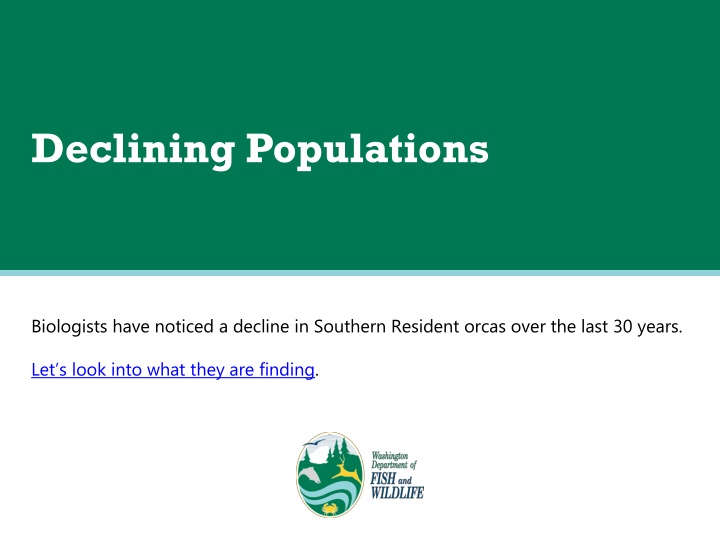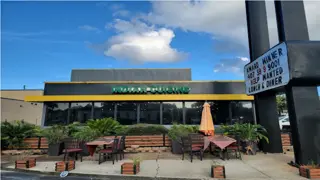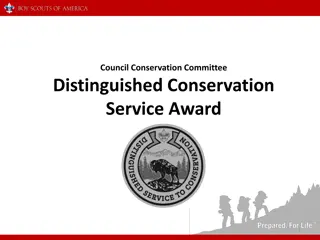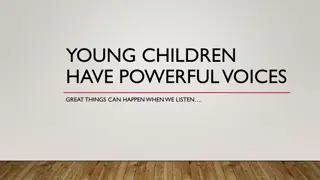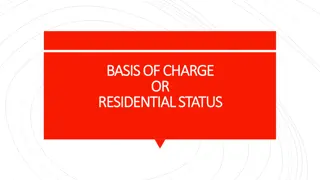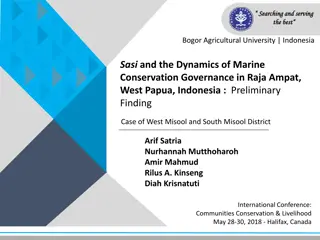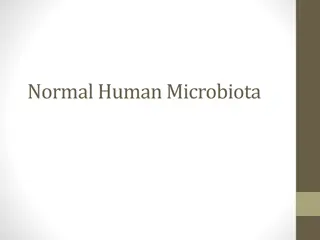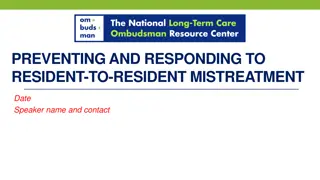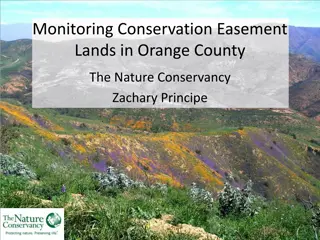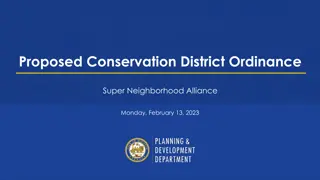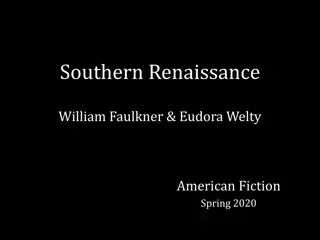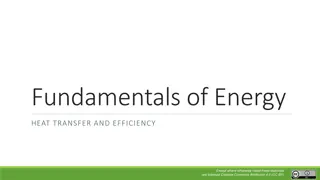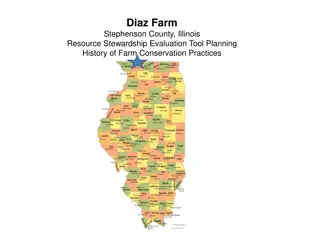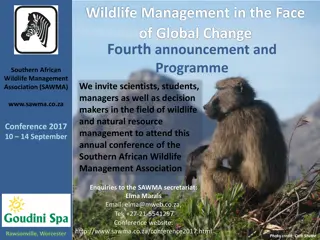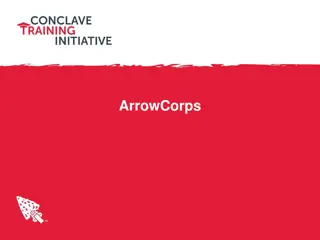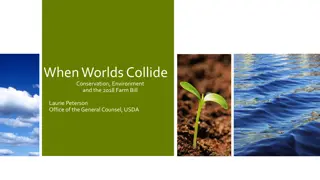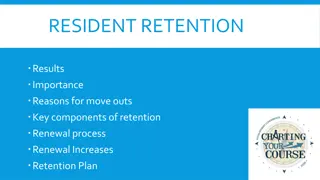Conservation Challenges Facing Southern Resident Orcas
Biologists have observed a decline in Southern Resident orcas over the past three decades, attributing it to a lack of prey, toxic contaminants, and disturbance from noise and vessel traffic. Being listed as endangered signifies a species is at severe risk of extinction. Understanding the impact of species extinction on ecosystems, other species, and humans is crucial in conservation efforts to protect our environment. Washington's orcas face hunger due to the decline in prey such as Chinook salmon, highlighting the intricate predator-prey relationship in ecosystems.
Download Presentation

Please find below an Image/Link to download the presentation.
The content on the website is provided AS IS for your information and personal use only. It may not be sold, licensed, or shared on other websites without obtaining consent from the author.If you encounter any issues during the download, it is possible that the publisher has removed the file from their server.
You are allowed to download the files provided on this website for personal or commercial use, subject to the condition that they are used lawfully. All files are the property of their respective owners.
The content on the website is provided AS IS for your information and personal use only. It may not be sold, licensed, or shared on other websites without obtaining consent from the author.
E N D
Presentation Transcript
Declining Populations Biologists have noticed a decline in Southern Resident orcas over the last 30 years. Let s look into what they are finding.
What are the top three reasons biologists think Southern Resident Orca pods are in decline? A lack of prey Toxic contaminants Disturbance from noise and vessel traffic Photo courtesy of Ken Rhea Department of Fish and Wildlife
What does it mean for a species to be endangered? To be endangered means the species is at serious risk of extinction. For a species to be considered endangered in the United States, the species must be placed on the national list of Endangered and Threatened Wildlife. For the species to be placed on this list, United States Fish and Wildlife Service (USFWS) biologists assess the decline of that species, OR Members of the public can petition USFWS to put a species on the list. Department of Fish and Wildlife
With a partner/small group Answer the following questions: 1) If a species goes extinct, how does that affect the ecosystem it lives in? 2) How might species extinction affect other species who live in that ecosystem? 3) How might an extinction event affect humans? Department of Fish and Wildlife
Washingtons Orcas are Hungry Read through the story map and write down: 1) One thing that surprised you? 2) One thing you found interesting. 3) One thing you would like to know more about. Photo courtesy of Ken Rhea Department of Fish and Wildlife
Washingtons Orcas are Hungry Recall the top three reasons biologists believe Southern Resident orcas are in decline. Photo courtesy of Ken Rhea Department of Fish and Wildlife
Decline of prey The relationship between Southern Resident orcas and Chinook salmon is known as a predator-prey relationship. This is an interaction between two organisms in which one organism (orcas) captures and feeds on the organism that serves as prey (Chinook). Department of Fish and Wildlife Department of Fish and Wildlife
Describe the relationship between Southern Resident orcas and Chinook salmon Consider: If the orca population were to increase, what do you predict would happen to the Chinook population? If the Chinook population were to increase, what do you predict would happen to the Southern Resident population? Remember to cite your claims using evidence. Graph courtesy of McGraw Hill Department of Fish and Wildlife
